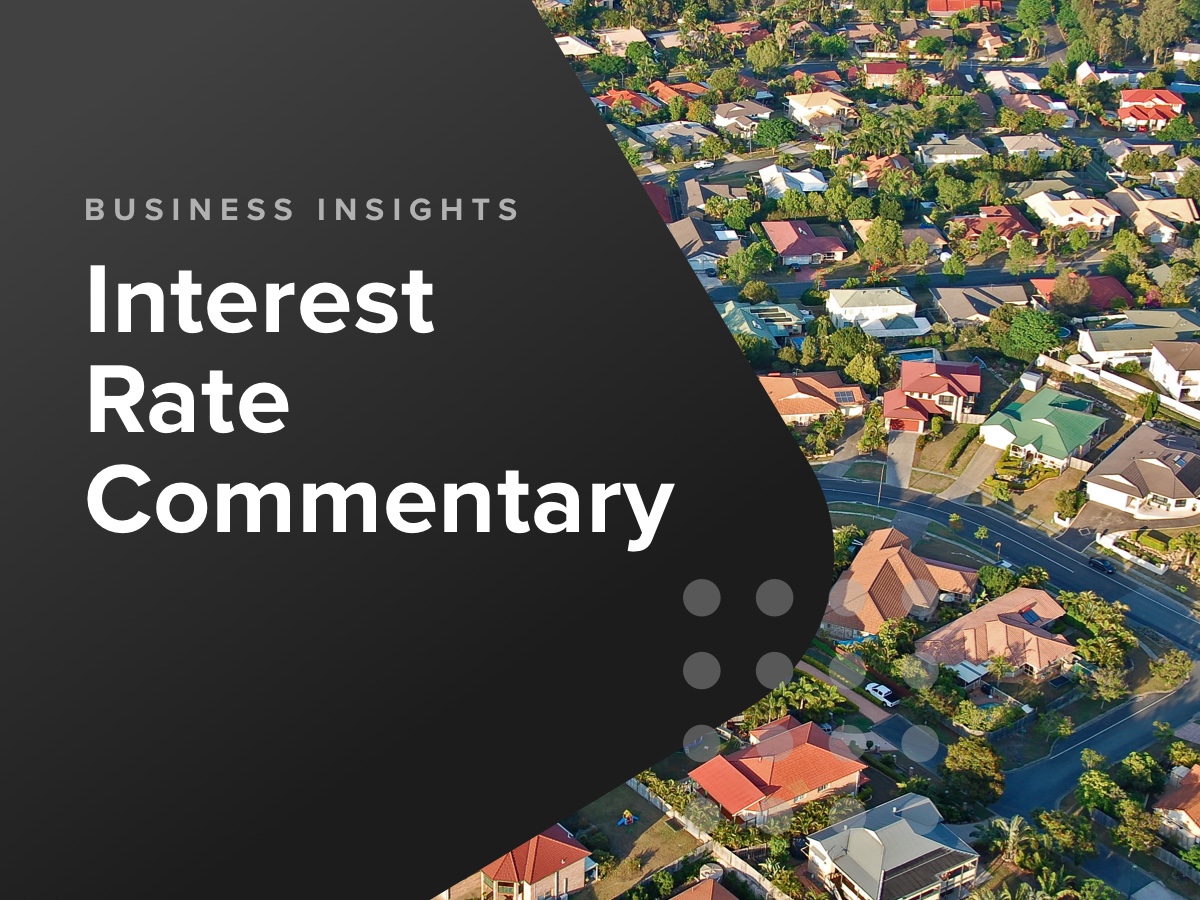Anneke Thompson, Chief Economist at CreditorWatch, comments on The Reserve Bank of Australia’s (RBA) cash rate decision
In response to the highest recorded inflation rate since the introduction of the GST in 2001, the Reserve Bank of Australia (RBA) has chosen to increase the cash rate to 0.35%, prior to receiving data on wage increases. The RBA will now be keenly waiting on Wage Price Index data from the ABS and average earnings in the national accounts, released on May 18 and June 1 respectively, to decide on their next move after the June meeting.
At the April Board meeting Governor Lowe stated: “Over coming months, important additional evidence will be available to the board on both inflation and the evolution of labour costs. The board will assess this and other incoming information as its sets policy to support full employment in Australia and inflation outcomes consistent with the target.” It is likely the board will maintain its position that this data will be a key informant in regards to the velocity of future rate rises.
Even if upcoming wage data shows an increase on the current pace of growth of 2.3 per cent, it is a near impossibility that it will be anywhere near the latest inflation figure of 5.1 per cent. This means that the data is almost certain to show that real incomes are going backwards. Nevertheless, the RBA will take comfort if they see at least some momentum gaining in wages growth. If we see wage price growth with a three in front of it, this might push the RBA to move the cash rate more aggressively, to try and get the inflation spiral under control more quickly.
Looking forward, there is much to work through in getting inflation under control. A lot has been spoken about supply chain blockages, labour supply issues, floods affecting agricultural markets and the impact of the war in the Ukraine. However, the extra liquidity provided to the market as part of the COVID-19 response is most certainly having an impact on inflation.
Most developed economies were flooded with cash during the pandemic, which alleviated short term economic pain and certainly kept workers who were unable to work financially afloat, however, the cash is now showing up as higher prices across the board as the world normalises again. Australia’s money supply rose by about 22 per cent throughout COVID-19, far less than some other countries, so the good news is we may have a smaller problem to work through than some larger economies, namely the US.



